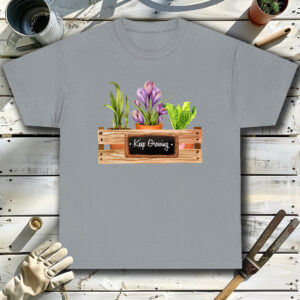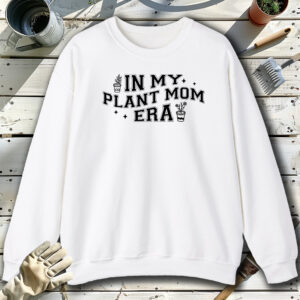Table of contents
Dumcane

Latin Name: Dieffenbachia ‘Tropic Mary Ann’
Category: Dieffenbachia
Family: Araceae
Origin: Hybrid
Climate: Tropical
Growing Zones: 11-10
Care Instructions
The Dumcane (Dieffenbachia ‘Tropic Mary Ann’) is a tropical plant that originates from Hybrid. This dieffenbachia plant belongs to the Araceae family and is well-suited for growing in USDA zones 11-10.
Complete Care Guide for Dumcane (Dieffenbachia ‘Tropic Mary Ann’)
Watering Requirements
The Dumcane, or Dieffenbachia ‘Tropic Mary Ann’, thrives best with a consistent watering schedule. It is essential to keep the soil evenly moist but not soggy. Water the plant when the top inch of the soil feels dry to the touch. During the growing season, typically spring and summer, you may need to water more frequently, about once a week. In the fall and winter months, reduce watering to every two weeks as the plant enters a dormant phase. Overwatering can lead to root rot, so ensure that the pot has good drainage and that excess water can escape. Always use room temperature water to avoid shocking the plant.
Light Conditions
Dumcane prefers bright, indirect light but can tolerate lower light conditions. Direct sunlight can scorch the leaves, leading to brown tips and edges. Ideally, place your Dumcane near a window with filtered light or in a well-lit room where it can receive bright, indirect sunlight for several hours a day. If the plant is not receiving enough light, you may notice slower growth and leggy stems as it stretches towards the light source. Conversely, if the leaves start to yellow, it may be a sign of too much direct sunlight. Rotate the plant occasionally to ensure even growth and exposure to light.
Soil Preferences
The ideal soil for Dumcane is a well-draining potting mix that retains some moisture without becoming waterlogged. A mix of peat moss, perlite, and pine bark works well, providing the necessary aeration and drainage. You can also use a commercial potting soil designed for houseplants, but ensure it has good drainage properties. Fertilization should be done during the growing season with a balanced, water-soluble fertilizer every 4-6 weeks. In the fall and winter, reduce or eliminate fertilization as the plant’s growth slows down. Always follow the manufacturer’s instructions for dilution rates to avoid over-fertilizing, which can harm the plant.
Pests and Diseases
Dumcane is generally resilient but can be susceptible to common houseplant pests such as spider mites, aphids, and mealybugs. Regularly inspect the leaves for any signs of infestation, such as webbing or sticky residue. If you notice pests, treat the plant with insecticidal soap or neem oil, ensuring to cover both the tops and undersides of the leaves. Additionally, watch for signs of diseases like root rot, which can occur from overwatering. Symptoms include yellowing leaves and a mushy stem base. To prevent this, ensure proper drainage and avoid letting the plant sit in water. If root rot occurs, you may need to repot the plant in fresh soil and trim away any affected roots.
Special Care Tips
To keep your Dumcane healthy and thriving, consider the following special care tips: First, maintain humidity levels around the plant, as Dumcane enjoys a humid environment. You can increase humidity by misting the leaves regularly or placing a humidifier nearby. Alternatively, placing the pot on a tray filled with pebbles and water can also help maintain humidity. Second, be cautious when handling the plant, as its sap can be irritating to the skin and toxic if ingested. Always wear gloves when pruning or repotting. Lastly, regularly wipe the leaves with a damp cloth to remove dust, which can hinder photosynthesis and keep the plant looking vibrant. By following these care tips, you can ensure that your Dumcane remains a stunning addition to your indoor garden.








